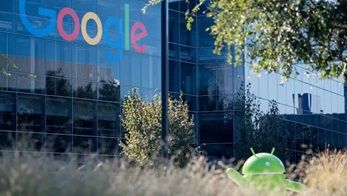Google is testing facial recognition technology for office security “to help prevent unauthorised individuals from gaining access to our campuses,” according to a description of the program that was viewed by CNBC.
The initial test is taking place at one of Alphabet’s sites in Kirkland, Washington, a Seattle suburb, the document says. Interior security cameras have been collecting facial data and comparing it to images stored from employee badge images, which includes the extended workforce, to help determine if there are unauthorized people on the premises.
Google’s Security and Resilience Services (GSRS) team will use the data to help identify people “who may pose a security risk to Google’s people, products, or locations,” the document says.
“There are protocols in place for identifying, reporting, and potentially removing known unauthorised persons to maintain safety and security of our people and spaces,” it says.
At the Kirkland testing site, people entering the building will not be able to opt out of the facial screening. However, the document says the data is “strictly for immediate use and not stored,” and that employees can opt out of having their ID images stored by filling out a form. Google told CNBC that while ID badge photos were part of the test, they won’t be used going forward.
“For many years our security team has been testing and implementing new systems and protections to help keep our people and spaces as safe as possible,” a Google spokesperson said in an email.
Google has experienced at least one notable violent incident in the past. In 2018, a woman opened fire at YouTube’s office in San Bruno, California, injuring three people. The shooter allegedly targeted YouTube because she “hated” the company for blocking her videos.
The Kirkland test lands at a sensitive moment for Google, which is at the center of the artificial intelligence boom and is rapidly adding AI across its portfolio of products and services. Facial recognition technology is particularly controversial because of the privacy concerns around surveillance.








